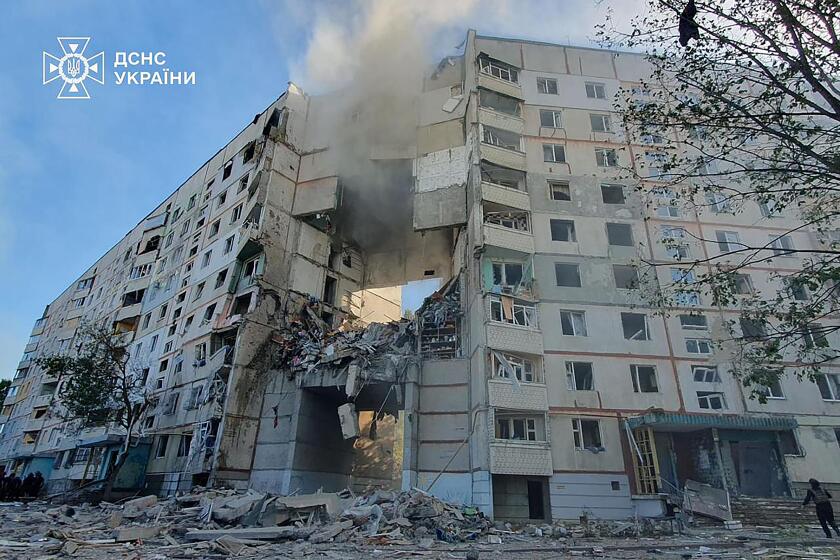Dissent in Venezuela Is Part of Democracy
Re “U.S. Fears of a Lurch to the Left in South America Fail to Materialize,” May 6: Though the Venezuelan opposition frequently charges that President Hugo Chavez is becoming “increasingly autocratic,” this allegation is simply not supported by facts. The opposition controls 47% of the seats in Congress and regularly blocks legislation proposed by the president’s party. The Supreme Court has overturned Chavez’s land reform laws and released from prison generals charged with participating in a coup against the government. The media criticize the government in the harshest of terms on a daily basis. Moreover, the opposition routinely holds large, peaceful demonstrations.
The article also charged that Chavez had “gone after labor unions.” It would be more accurate to say that the unions have gone after Chavez. Venezuela’s main oil workers union has close ties to the corrupt political parties voted out of office by a landslide in 1998 and has incessantly attacked the government, going so far as to support a coup in 2002 and shut down the state oil company for two months in 2003, costing the country billions of dollars. This destructive strategy sent the economy into a tailspin.
As in any democratic society, the Venezuelan opposition is free to criticize the government in any way it wishes. However, I hope that in the future, when The Times reports on controversial and unproven allegations, it makes an effort to present both sides of the story.
Bernardo Alvarez Herrera
Ambassador of Venezuela
Washington
More to Read
Sign up for Essential California
The most important California stories and recommendations in your inbox every morning.
You may occasionally receive promotional content from the Los Angeles Times.










